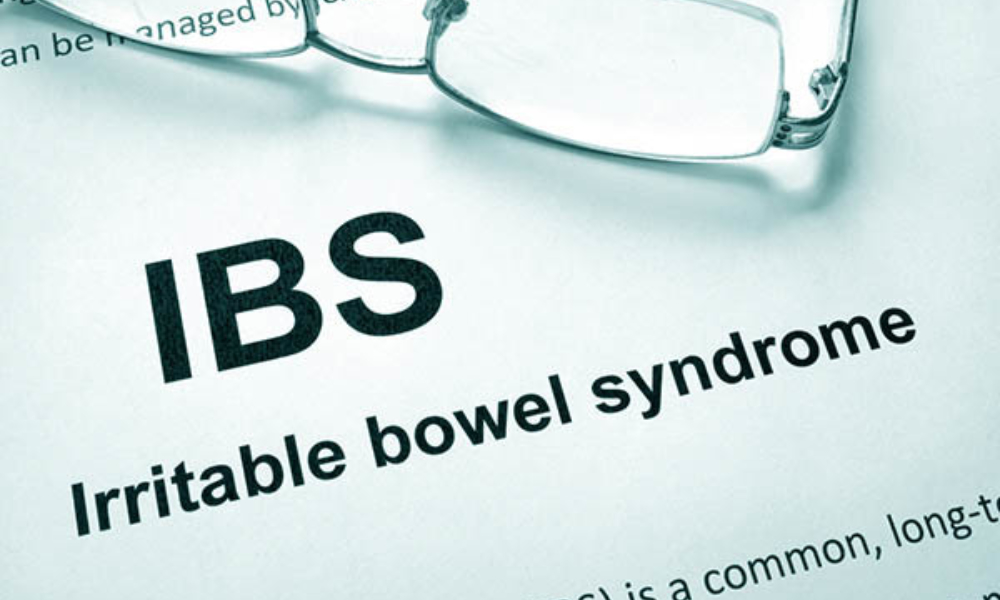
Trigger Foods, What to Eat With IBS
IBS is a condition that can cause stomach pain, bloating, diarrhea, and constipation. There is no one-size-fits-all answer to what triggers IBS symptoms. What foods you should avoid will vary depending on your individual diagnosis. However, some general guidelines can help you manage your IBS symptoms.
Your doctor may recommend dietary changes as the primary treatment for IBS. In particular, they may suggest avoiding foods that seem to aggravate your symptoms.
However, it's important to note that not everyone with IBS will have the same trigger foods. IBS treatments may also require a broader approach than just avoiding certain foods.
What Is IBS?
IBS is short for irritable bowel syndrome, which means you have ongoing stomach pain or discomfort along with changes in your bowel movements. IBS symptoms typically include constipation, diarrhea, bloating, gas, and abdominal cramping.
IBS can be frustrating as it can impact daily life, but you can take steps to manage IBS symptoms. One of those steps is learning what IBS food to avoid and what IBS-friendly food to eat.
How Does Food Affect My IBS Diagnosis?
Food's role in IBS symptoms can vary from person to person. Some people find that certain foods trigger their IBS symptoms, while others find that eating specific foods helps relieve their IBS symptoms. It's essential to work with your doctor to determine which foods affect your IBS and which foods are best for you to eat. One of these methods is through an elimination diet.
What Foods Should I Avoid With IBS?
The list of IBS trigger foods will vary from person to person. However, some of the most common IBS trigger foods include cruciferous vegetables like broccoli and cabbage, dairy products, high-fiber foods, and artificial sweeteners. Avoid processed and high-fat foods. If you're not sure whether a particular food is safe for you to eat with IBS, talk to your doctor.
What Foods Should I Eat With IBS?
There are many IBS-friendly foods that you can eat to help relieve your symptoms. IBS-friendly foods include lean protein, fruits and vegetables, whole grains, and low-fat dairy products.
Is Diet Alone Enough To Cure My IBS?
Diet is often an essential part of IBS treatment, but it's not the only factor that needs consideration. Other treatments for IBS may also be necessary, such as medication or therapy. Your doctor will be able to recommend IBS treatments that are most appropriate for your IBS symptoms.
Your IBS symptoms may be treated by a primary care physician, gastroenterologist, or psychiatrist. Your IBS symptoms may require treatment with medication. Some of the common IBS medications include antidepressants and probiotics.
Some alternative therapies have been found to help relieve IBS symptoms, including acupuncture, hypnotherapy, and cognitive-behavioral therapy (CBT).
Digestive Health Partners Can Help With IBS
If you're still unsure how food affects IBS symptoms, discuss this with one of our professional doctors or a dietician. We can provide you with more specific advice about IBS trigger foods and IBS-friendly foods. We encourage you to contact us and set up an appointment so we can help diagnose what is triggering your IBS and find an effective treatment.